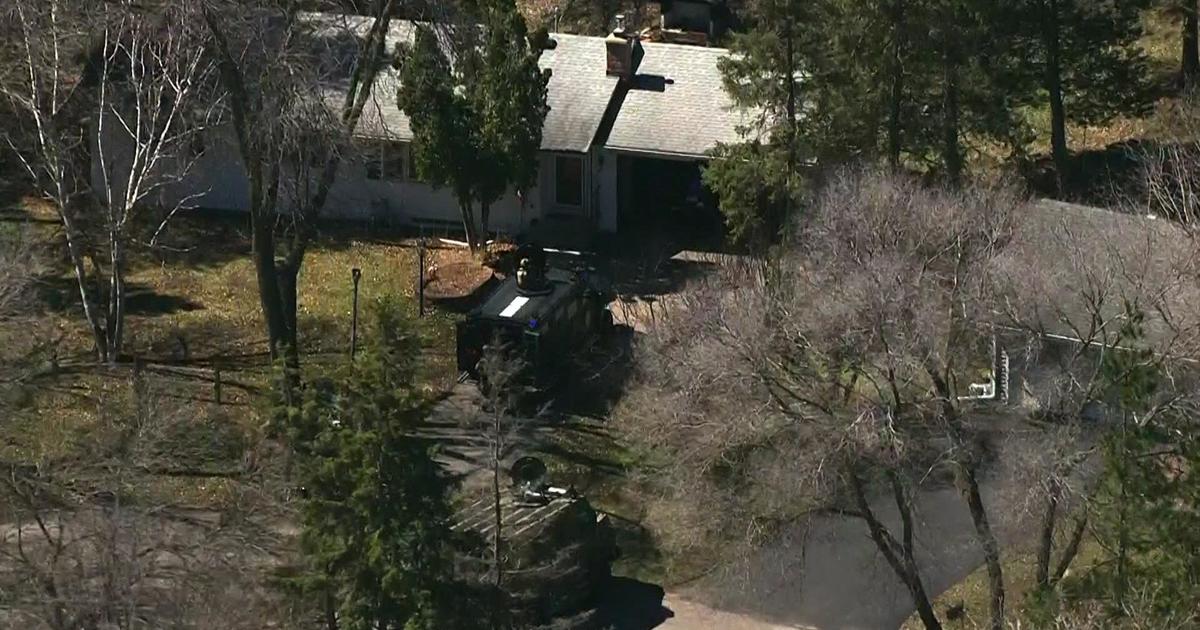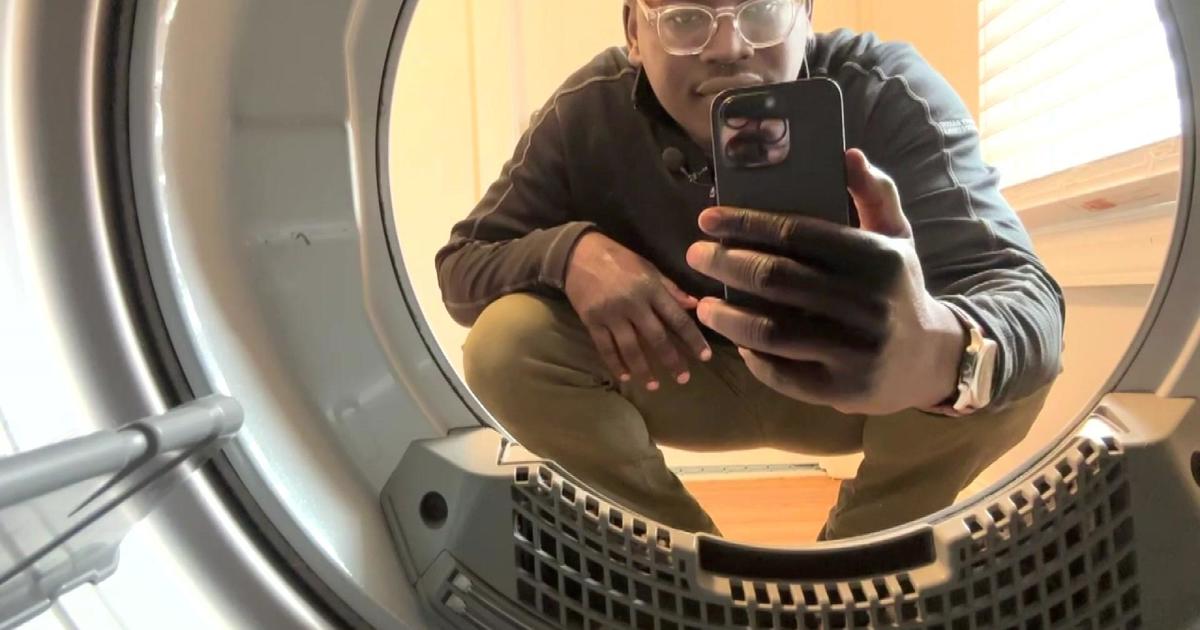Good Question: How Do Our Memories Work?
MINNEAPOLIS (WCCO) - NBC News anchor Brian Williams is being criticized after telling a story about being shot down in a helicopter while covering the Iraq war in 2003. He's repeated the story several times since that time but admitted on Wednesday that it wasn't true.
"I made a mistake in recalling the events of 12 years ago," Williams said on Wednesday night's Nightly News broadcast. "I want to apologize. I said I was travelling in an aircraft that was hit by RPG fire. I was, instead, in a following aircraft."
On Thursday, some groups went as far as calling for Williams' resignation.
"How could you expect anyone who served in the military to ever see this guy onscreen again and not feel contempt?" wrote critic David Zurawik in the Baltimore Sun. "How could you expect anyone to believe he or the broadcast he leads has any credibility?"
But, memory experts believe there's a good chance Williams did "misremember."
"It is so common that we have mismemories," Augsburg College cognitive psychology professor Bridget Robinson-Riegler said. "If someone followed us around with a camera 24 hours a day and recorded every memory we ever said, most of us would have just as egregious examples of that."
Memories are not like tape recorders in that we replay them exactly as they happened. Instead, they are reconstructed, so when our brains encodes memories, we encode different pieces of different events.
"When we go to recall it, we piece together different aspects of events," Robinson-Riegler said. "It's not just the event that happened we're trying to remember but other events similar to it."
She says we often create false memories because of a phenomenon called "imagination inflation." That means if we imagine things as happening, it makes it more likely for us to believe that it actually happened. Several studies have shown that people can be tricked into "remembering" an event that never really happened.
"I can imagine that Brian Williams has been in helicopters many, many time, and I have no doubt that, in those situations, in a war-torn country, he would imagine what it was like if he got shot down," she said.
Repeating a story can also make memories more concrete, because each time you share a story, you create a new memory of that event. That new memory then becomes one of the memories you pick from when reconstructing the memory.
Sometime biases might also come into play. Robinson-Riegler also recounted the story of one of her former students who was convinced he'd tried to save his friend during fight on a football field. A videotape later revealed he stayed on the sideline. Often, it's hard for people to believe this science because our memories are part of our identity, so it can be distressing to find out something that we thought was true is not.
"In his head, he said, 'I'm the type of guy who would help a friend,' so when he reconstructs that memory, that's the memory he would come up with," she said.



